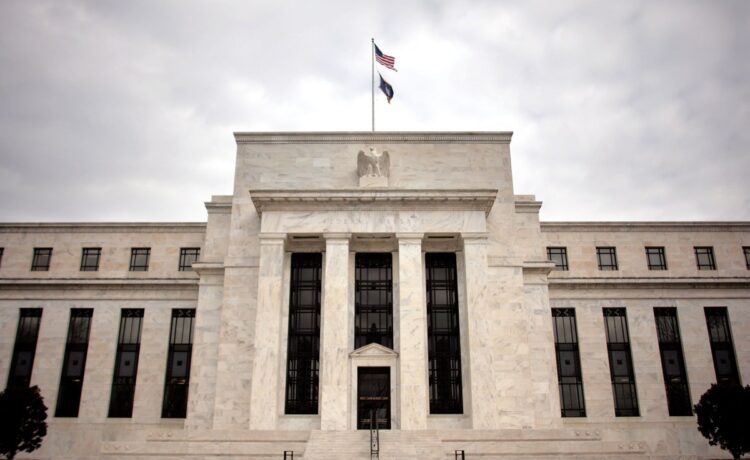While a decision has yet to be made, the Federal Reserve has been looking into the possibility of a central bank digital currency for several years.
Bhaskar Chakravorti, dean of global business at The Fletcher School at Tufts University, said there are multiple reasons why a CBDC has been on the table for the U.S. More people are going cashless; a digital currency backed by the Fed would have “the full faith and credit of the U.S. government”; CBDCs could provide a counter against the rise of cryptocurrencies, which might enable illegal financial activity; and other countries around the world are experimenting with digital currencies.
Namely China, which is the United States’ most significant economic competitor, Chakravorti said.
“There is some concern that if China has a digital version of the yuan, then the United States needs to have a digital version of the dollar,” he explained.
Chakravorti said that half of international bank loans and international debt securities are dollar denominated, while a majority of foreign currency trading involves the dollar on at least one side of the transaction.
“If the yuan in particular becomes legitimate as an electronic currency, people might just switch to the yuan,” Chakravorti said. “Then the dollar loses its very significant position in international settlements. So there’s a defensive reason to consider an electronic dollar.”
Federal Reserve Chair Jerome Powell gave an update on the possibility of a digital currency at a closed door meeting with Democrats this week, stating that “if we’re going to have a CBDC, Congress needs to authorize it, reported Politico.
Powell stated that the Fed has not “made a decision to recommend a CBDC to Congress.”
There are disadvantages to a CBDC. Not everyone has access to the internet, which means a CBDC without offline capabilities might fail to be inclusive, said Reena Aggarwal, a finance professor at Georgetown University and director of the Georgetown Psaros Center for Financial Markets and Policy.
Aggarwal said there are also privacy and data protection issues that will have to be considered in a CBDC’s design.
“The concern is: Is the government going to have too much of your data and how might it get used? The other concern is cybersecurity issues. There are so many more cyber threats these days,” Aggarwal said.
While she thinks these issues “are very real,” Aggarwal added that they’re also issues present in our current banking system.
“U.S. citizens are extremely concerned about privacy and data security. So I’m pretty confident that if the U.S. went this route, we will take all kinds of actions to protect privacy and data,” Aggarwal said.
Chakravorti also said he thinks the government would take every step to keep data secure from outsiders and from those within the government.
“However, we have seen databases being broken into, and so you can never be sure,” he said.
The Federal Reserve addressed the question of whether a CBDC would protect your privacy on its website, stating: “Any CBDC would need to strike an appropriate balance between safeguarding the privacy rights of consumers and affording the transparency necessary to deter criminal activity.”
The Federal Reserve Board Governors released a paper on the possibility of a digital currency, recommending an intermediated model whereby the private sector — which could include commercial banks and regulated nonbank financial service providers — would provide accounts or digital wallets to help people manage their CBDC holdings and make payments.
The paper notes that the private sector would address privacy concerns using its “existing tools.” Chakravorti said the Fed may be thinking of services like Google Pay and Apple Pay, which have robust systems to protect your privacy.
“If your credit card information is entered into, say, Google Pay, that information is never shared during a transaction — only a digitally encoded token is used,” Chakravorti said.
The Board of Governors’ report also said that financial institutions have to comply with recordkeeping and reporting rules aimed at curbing money laundering and the financing of terrorism. “In practice, this would mean that a CBDC intermediary would need to verify the identity of a person accessing CBDC,” according to the Federal Reserve’s website.
But now that China is facing economic issues and cryptocurrency has undergone setbacks in recent years, Chakravorti said there’s less urgency now to pursue a CBDC.
Chakravorti said this means it’s a good reason for the Fed to say, “Hey, we’re gonna play this slow and easy.”
There’s a lot happening in the world. Through it all, Marketplace is here for you.
You rely on Marketplace to break down the world’s events and tell you how it affects you in a fact-based, approachable way. We rely on your financial support to keep making that possible.
Your donation today powers the independent journalism that you rely on. For just $5/month, you can help sustain Marketplace so we can keep reporting on the things that matter to you.

















